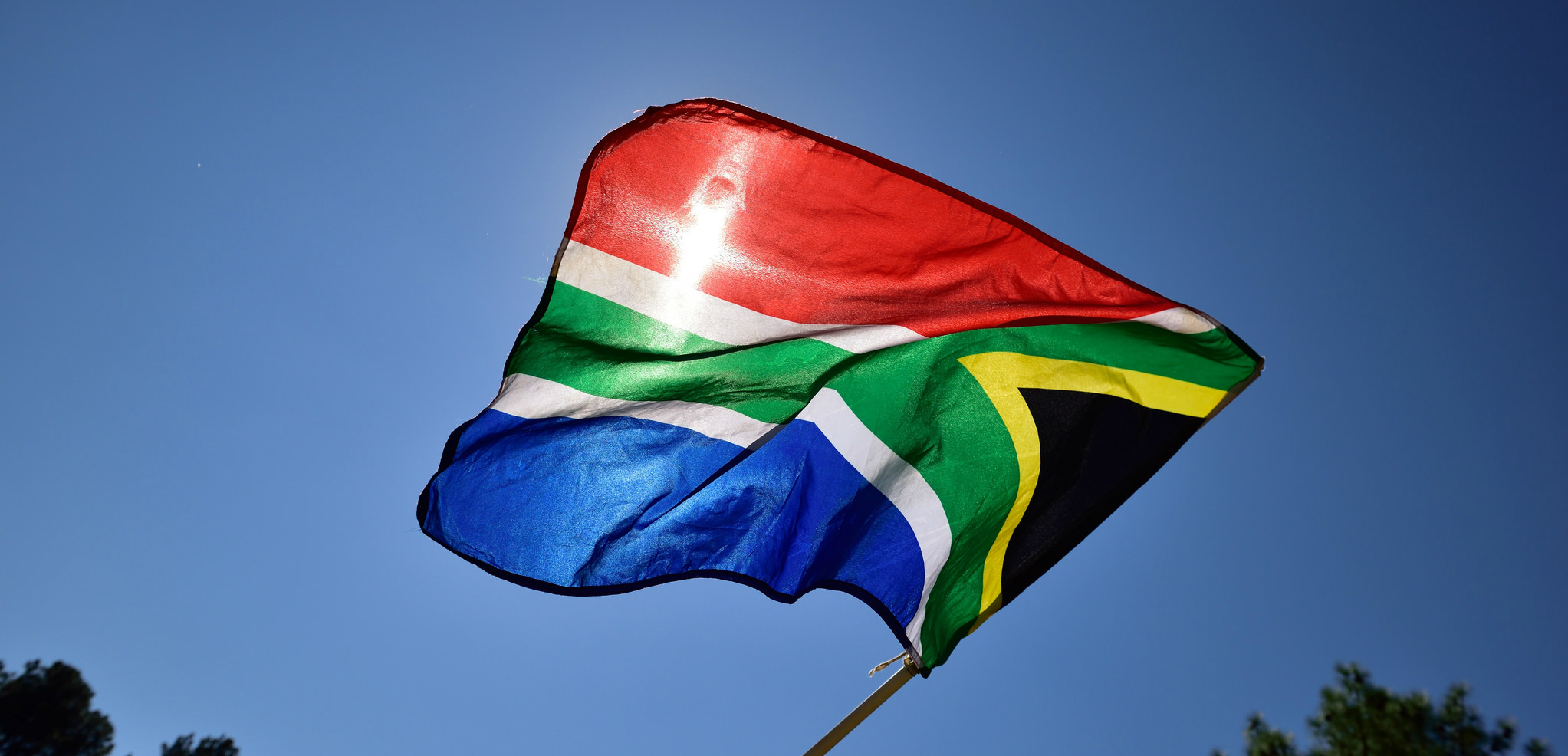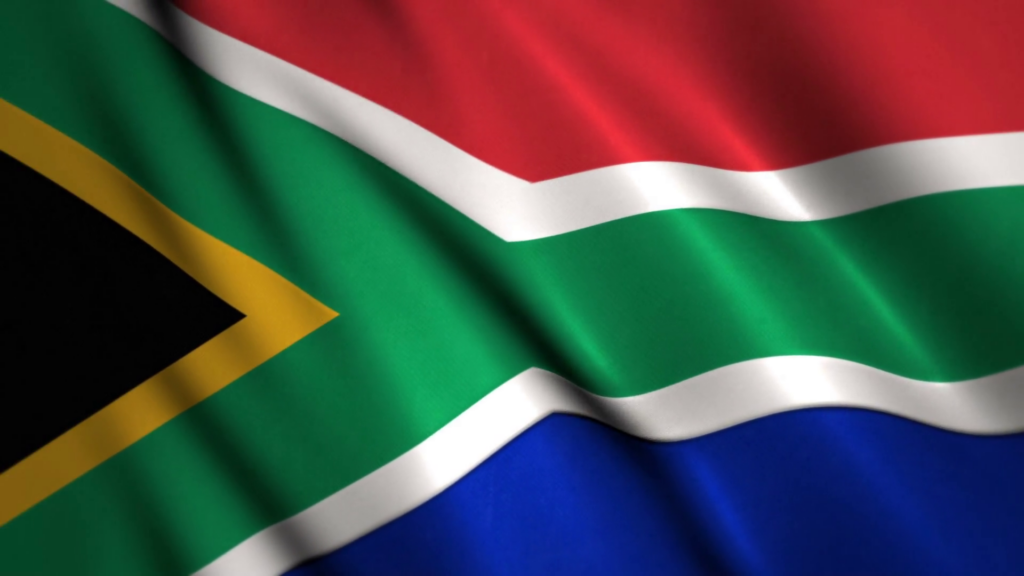

South Africa will consider the adoption of more official languages as a way of recognising people who have historically been repressed in the country.
Parliament’s Joint Constitutional Review Committee (JCRC) received a presentation this week on potentially amending the Constitution to recognise Khilovedu and Kiswahili as official languages in South Africa.
Co-chairperson of the committee, Prof Mathole Motshekga, said parliament had committed to the UNESCO resolution declaring 2022 the year of indigenous languages. He also recognised the aspirations of those South Africans whose languages have been suppressed for centuries.
“This demonstrates that Africa and the international community are fully supportive of the aspirations of our people to regain their lost culture, heritage and languages. Therefore, as this parliament we cannot be found wanting on ensuring that we use the structures of this Parliament to deliver on our mandate,” said Motshekga.
The Kara Heritage Institute is one of the groups pushing for the recognition of Kiswahili as an official language. In its submission, it said the adoption of Kiswahili will promote Pan Africanism and the African cultural renaissance. The institute said it is already liaising with Southern African Development Community countries to promote Kiswahili and to offer classes in it.
A parliamentary legal opinion on the 2020 Khilovedu official language submission indicated the factors that need to be considered before such a designation can occur. These include various practical and legal issues, as well as sensitivity to the rights of minorities and the important role these cultures play in enriching the fabric of the nation.
“The recognition and mainstreaming of indigenous languages reconstructs and develops the soul, while restoring people’s worth and dignity. Last but not least, South Africa and her sister African countries are seized with the major task of building socially cohesive nations,” said Motshekga.
12th language
South Africa is already in the process of making South African Sign Language the 12th official language of the country.
South African Sign Language (SASL) has been mooted as an official language for a number of years, with a parliament committee proposing its adoption in 2020. While the amendment bill has not been published at the time of writing, it is set to include an amendment of Section 6 of the Constitution and the National Official Languages, recognising SASL as the 12th official language.
The majority of deaf people (95.6%) are born to hearing parents and therefore do not acquire SASL as a mother tongue. Instead, they acquire SASL at school from peers and SASL is the first language of the majority of South African Deaf children.
SASL, despite regional differences and variations, has the same grammatical structure countrywide. However, there is not a one-to-one relationship between SASL and English.
